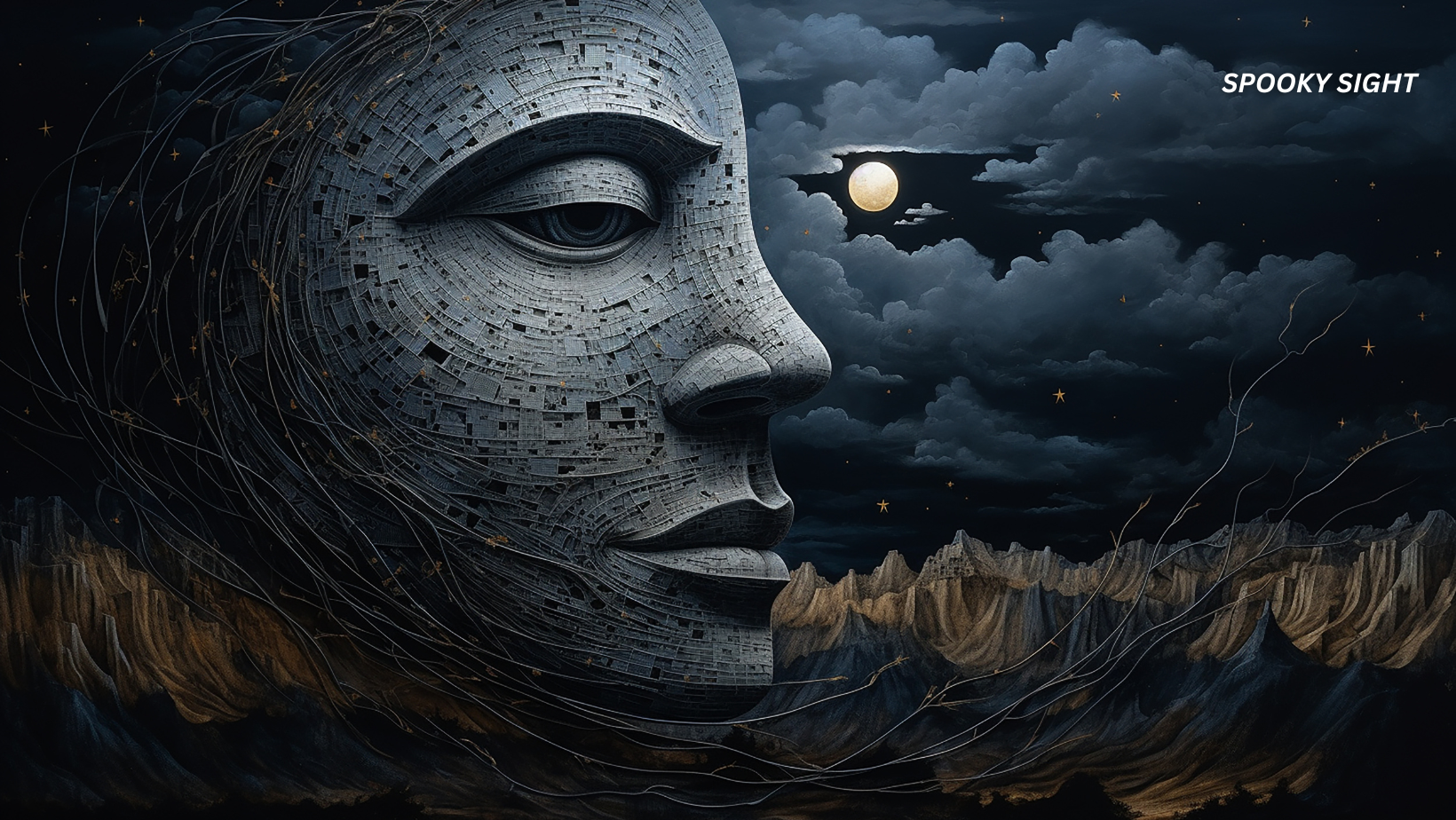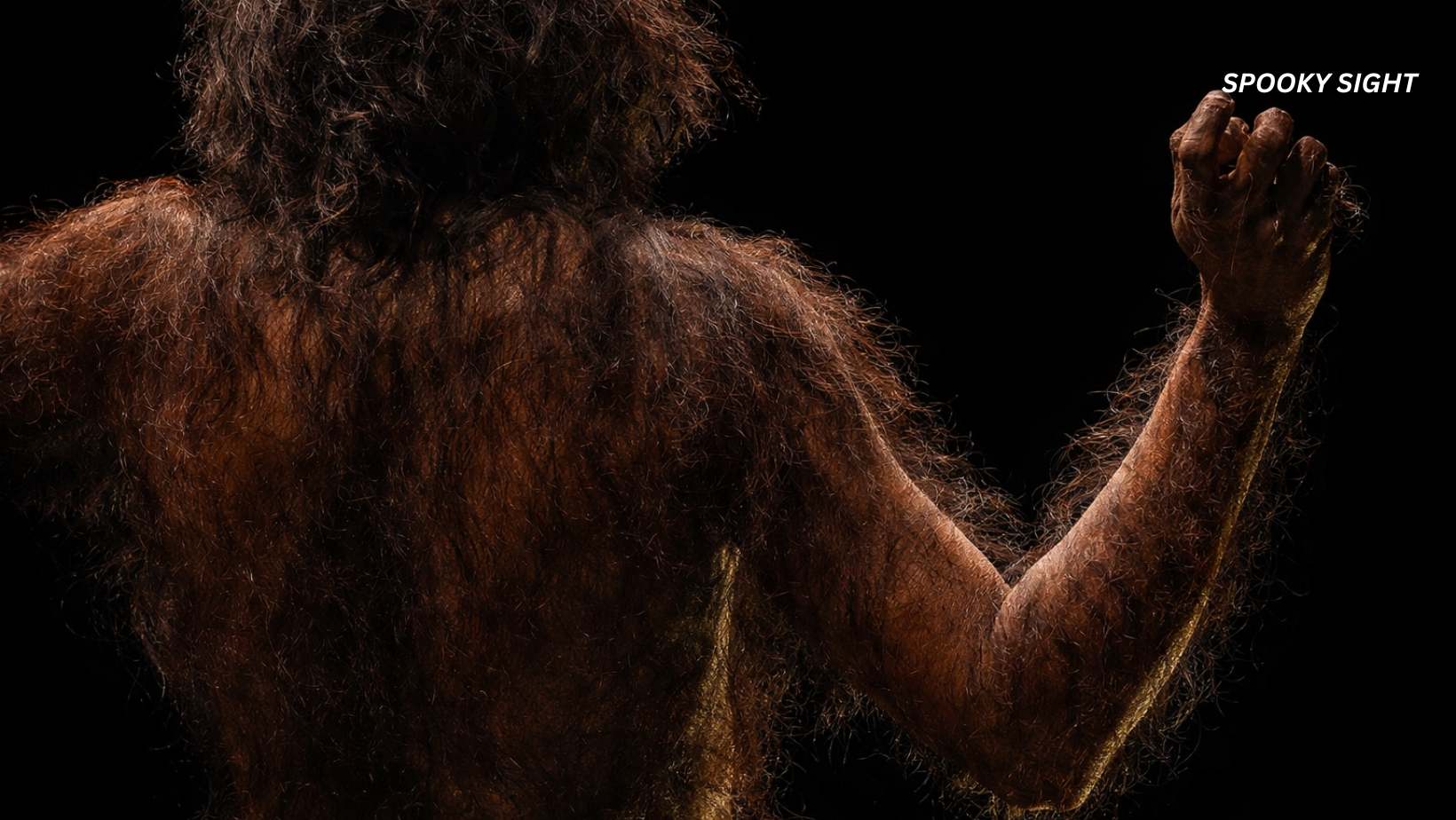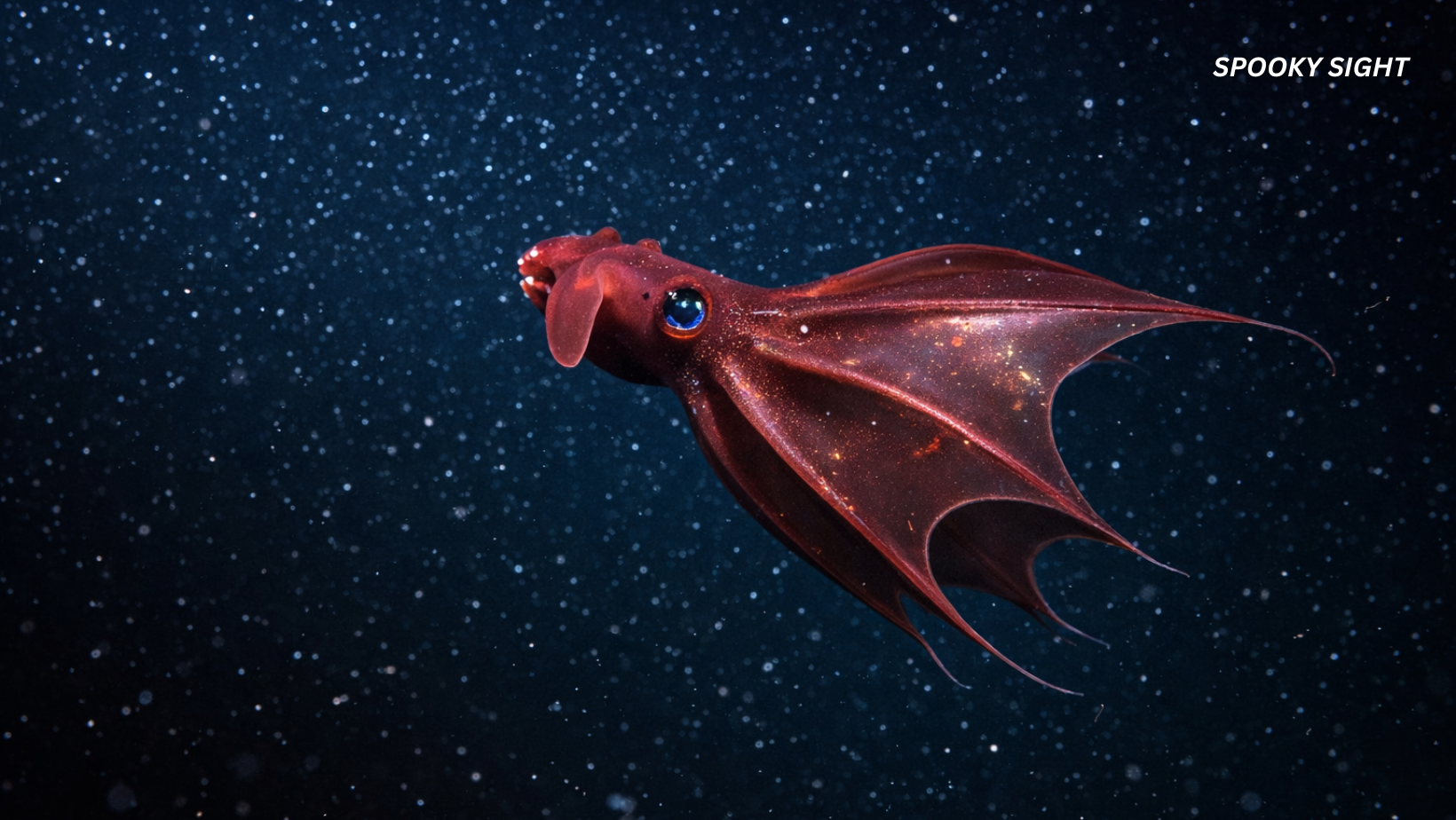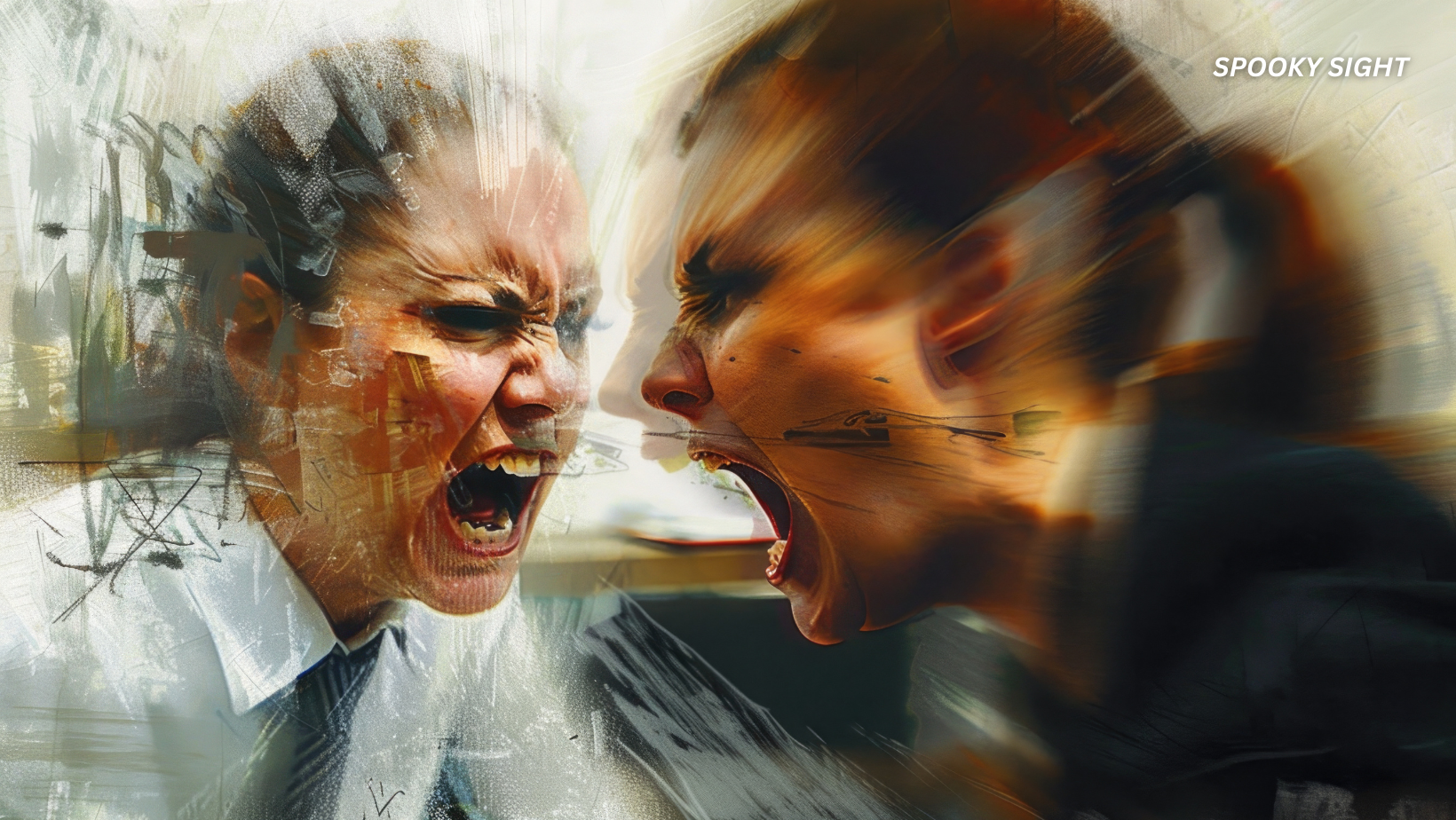Across time and cultures, stories have surfaced of children who seem to remember lives they never lived at least, not in this one. In the East, such accounts are often accepted without hesitation. Reincarnation, for many in places like India, Tibet, or Thailand, is deeply ingrained in spiritual traditions and religious doctrine. But in Western societies, these claims are typically met with disbelief, or at best, a raised eyebrow of curiosity.
Despite the skepticism that pervades the West, some of the most thorough investigations into these phenomena have come not from mystics or spiritualists, but from scientists. At the heart of this research lies a quiet, longstanding institution in the United States—an unlikely place for reincarnation studies to flourish.
A Scientific Approach to the Supernatural
Tucked within the Department of Psychiatry and Neurobehavioral Sciences at the University of Virginia, a specialized branch has spent nearly five decades quietly collecting and examining cases suggestive of reincarnation. Known as the Division of Perceptual Studies (DOPS), this group has documented more than 2,500 incidents from around the world where children, often between the ages of two and five, report memories of lives they couldn’t possibly have lived.
Initially spearheaded by psychiatrist Dr. Ian Stevenson and now overseen by child psychiatrist Dr. Jim Tucker, the division has brought structure and scientific scrutiny to a topic often dismissed as folklore. According to their findings, these recollections tend to fade after early childhood suggesting a narrow window during which these memories are most vivid.
Unusual Statements from the Mouths of Babes
Most young children engage in imaginative play. Pretending to be pirates, superheroes, or even parents themselves is common. But every so often, a child says something that goes beyond make-believe. “I miss my other parents,” a toddler might say, or, “When I was big, I lived in a house by the ocean.” These aren’t just whimsical musings—they’re specific, emotionally charged, and often detailed with uncanny clarity.
According to psychologist Tovah Klein, quoted in The Washington Post, these kinds of statements are not typical for toddlers, who are still forming their understanding of personal identity. When a child claims to remember having a different name, job, or even children of their own, it raises compelling questions that can’t be easily explained by imagination alone.
Read more: The 4 Dangerous Qualities of “Dark Empaths”
When Memory Defies Biology
Dr. Tucker has categorized numerous phrases and behaviors that appear frequently in these cases. Children may say things like, “I had a wife once,” or “I died when the car crashed.” In other instances, they may claim to have been someone’s parent, or describe a previous home in precise detail. What stands out is not just the content, but the conviction with which it is shared.
Often, these children exhibit strong emotional responses tied to these claims. For example, intense fears may develop—phobias that are out of place given their upbringing. Some children are terrified of water, fire, or certain vehicles. In Dr. Tucker’s book Return to Life, these phobias are likened to symptoms of PTSD. Children who insist they drowned in a past life, for example, may refuse to go near a pool, even if they’ve never had a traumatic experience with water in this life.
The Curious Case of James Leininger
Among the many stories Dr. Tucker has studied, few are as compelling as that of James Leininger. At just two years old, James began to suffer from vivid nightmares about a fiery plane crash. The dreams were persistent, emotional, and alarmingly detailed. Eventually, James began to speak about being a pilot, identifying his aircraft, aircraft carrier, and even the name of a fellow pilot.
His recollections pointed toward a specific historical figure—James Huston Jr., a World War II fighter pilot who had perished in combat. Research later confirmed many of the details James had provided, despite the impossibility that a young boy could have known them. The story has since been chronicled in books, documentaries, and even featured on Netflix’s Unsolved Mysteries series.
Connections Between the Living and the Dead
In a significant number of these accounts, the children’s memories appear to align with real people who died before they were born. Names, dates, places, and circumstances often match historical records or personal documents. In some cases, the children even bear physical marks that mirror injuries sustained by the deceased individuals.
Dr. Tucker has noted that birthmarks or birth defects sometimes correspond to the wounds or scars of the person the child claims to have been. In these situations, autopsy or postmortem reports are often consulted for verification. It’s a phenomenon that continues to puzzle even seasoned researchers.
Violent Deaths Leave Stronger Imprints
Interestingly, around 70% of the cases studied involve deaths that were sudden or violent—such as murder, accidents, or suicide. These types of endings seem to leave a stronger impression, with more intense and emotionally vivid memories. More than a third of the children display a strong fear related to the cause of death, and those who died young appear more likely to be “remembered” in a new life.
Author Barbara Graham, who explored reincarnation in her novel What Jonah Knew, has suggested that traumatic endings may carry more energy or emotional residue. She even claims to have personal recollections of dying during the Holocaust—an experience shared by several others born in the late 1940s and early 1950s, according to her therapist, as reported by Psychology Today.
An American Girl Remembers “Nina”
In a more recent case featured by The Washington Post, a young girl began talking about someone named Nina. She described this person as having numbers on her arm—numbers that “made her sad.” The implication was chilling and seemed to reference a Holocaust victim. However, while the case intrigued Dr. Tucker, there wasn’t enough detail to verify the claim. It was ultimately classified as “unverified”—a label that is not uncommon in this line of work.
The Role of Parental Response
Not all stories are shared so freely. According to Dr. Tucker, many potential cases are never reported because parents either dismiss them as fantasy or actively discourage their children from speaking about them. In Western societies, where reincarnation is not part of mainstream belief, these experiences often carry a social stigma.
This was evident in the case of Ryan Hammons, a child who claimed to remember being a Hollywood actor. His mother said that when the story reached the public, their community reacted harshly—some accused her of being a bad parent, while others insisted her son needed religious intervention. These reactions may contribute to why many cases are never brought to light.
Culture Shapes Belief—and Reported Cases
It’s perhaps no coincidence that a large number of documented cases come from countries where reincarnation is culturally accepted. In places like India, Sri Lanka, and Lebanon, families are more open to the idea, which makes it more likely for children to speak about their memories—and be taken seriously.
Still, the existence of numerous credible cases in the West suggests that cultural openness is only part of the equation. The underlying phenomenon appears to transcend belief systems. But proving it, scientifically and conclusively, remains a challenge.
Read more: Consciousness Isn’t Just in Your Head—It Could Be Altering Reality Itself, Scientists Say
Reincarnation and the Boundaries of Science
In a 1999 interview with The New York Times, Dr. Ian Stevenson reflected on the resistance he encountered from the scientific community. “Science develops ideas of what is so,” he said, “and it becomes very difficult to force scientists to look at new data that may challenge existing concepts.”
This reluctance is understandable. Reincarnation, if proven, would not just alter how death is perceived—it would fundamentally reshape our understanding of consciousness, memory, and identity. For now, the research continues quietly, led by a small but dedicated team still determined to explore questions that many are unwilling to ask.
A Mystery That Persists
Whether these recollections are glimpses of past lives or merely extraordinary examples of the mind’s capabilities, one thing is clear: they defy easy explanation. For the families involved, the experience is often life-changing. For researchers, it remains a puzzle that sits at the intersection of science and spirit.
As long as children continue to speak of lives they shouldn’t remember, the search for answers will endure—caught somewhere between reincarnation and imagination.
Featured image: Freepik.









